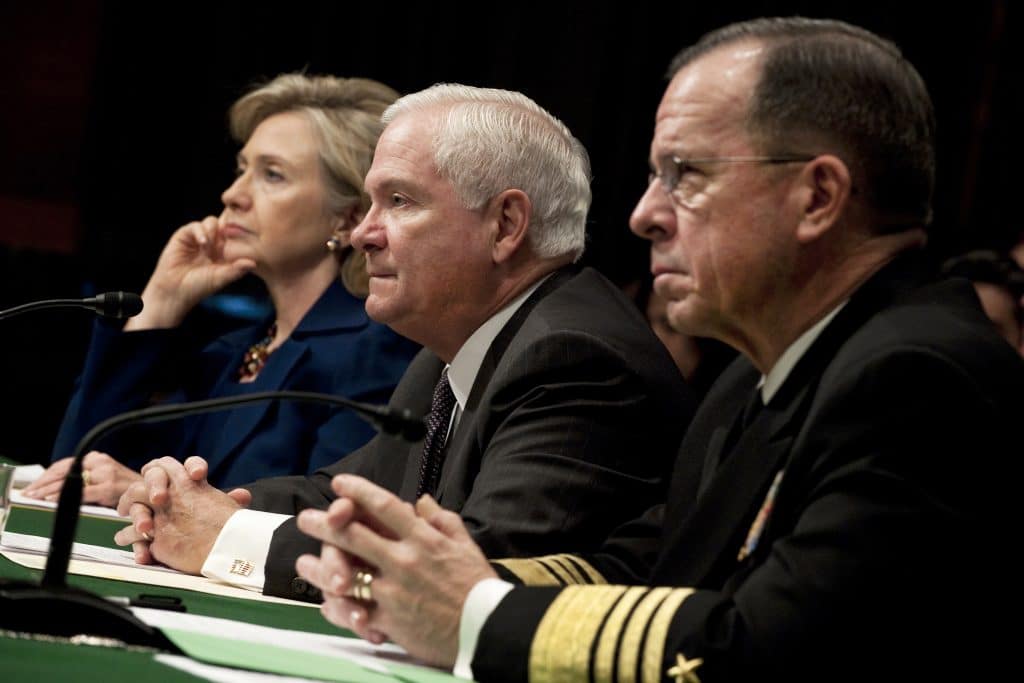Editor’s Note: This first published March 1, 2023… however remains just as relevant a topic today.
“Trust, definition of trust, noun, Merriam-Webster. 1a: assured reliance on the character, ability, strength, or truth of someone or something.”
Putting your trust in someone or something is definitive. You either do or do not. Unlike decades ago, few among us place our trust in titles. Being a scientist, doctor, politician, or general no longer engenders trust. Trust is earned through conduct.
If the conduct of a person or process calls into question their trustworthiness, they are not trusted.
Unabashed honesty engenders trust. Being partly true, nuanced truth, or a personal view of what’s true, does not develop trust. The web provides the opportunity for all to determine if what they’re being told is true or not.
“People have lost trust in their institutions” is a common refrain but misses the point. More accurately, institutions, through their conduct, no longer earn the people’s trust; nor do they appear to care.
As a lad, I learned ‘if you mess-up-fess-up.’ Being brutally honest about your conduct engenders trust even when it hurts. If you err, you’re human; own it.
If government agencies and scientists want to regain the people’s trust, there are three simple steps; stop treating us as if we are uninformed, own and correct your mistakes and conduct your business honestly and in a trustworthy manner.
General officers testified before congress for twenty years our approach to Afghanistan was working, while an infantry private in the country could have told congress it was not. Who has taken responsibility for that conduct?

Science made countless mistakes during the Covid pandemic, yet to date, refuse to acknowledge and correct those mistakes. The errors are understandable: no one knew what we were facing. But where is the leadership taking responsibility for and correcting their mistakes?
There is currently no viable alternative to fossil fuels. As of this writing, China is scheduled to complete forty-three new coal-fired power plants. We all want to be good stewards of the environment, but lying about the potential of renewable energy sources does not engender trust in the process. Is making people suffer unnecessarily the best way to gain their trust?
Historically some government agencies have been used by the party in power as a cudgel against their political opponents. Does making people concerned that supporting a particular candidate will place them on a government enemies list promote trust?
The media abrogated its responsibility to the people by picking sides. Their view of politics,’ climate change, or most subjects has become an opinion, not news. Why should we trust the views of organizations we know to be biased?
You must earn it if you want people to trust you or your organization. It takes courage to stand up to power and speak the truth. The truth will always be inconvenient when you are held responsible for it. But it engenders trust.
_________________
As the Voice of the Veteran Community, The Havok Journal seeks to publish a variety of perspectives on a number of sensitive subjects. Unless specifically noted otherwise, nothing we publish is an official point of view of The Havok Journal or any part of the U.S. government.
Buy Me A Coffee
The Havok Journal seeks to serve as a voice of the Veteran and First Responder communities through a focus on current affairs and articles of interest to the public in general, and the veteran community in particular. We strive to offer timely, current, and informative content, with the occasional piece focused on entertainment. We are continually expanding and striving to improve the readers’ experience.
© 2024 The Havok Journal
The Havok Journal welcomes re-posting of our original content as long as it is done in compliance with our Terms of Use.



